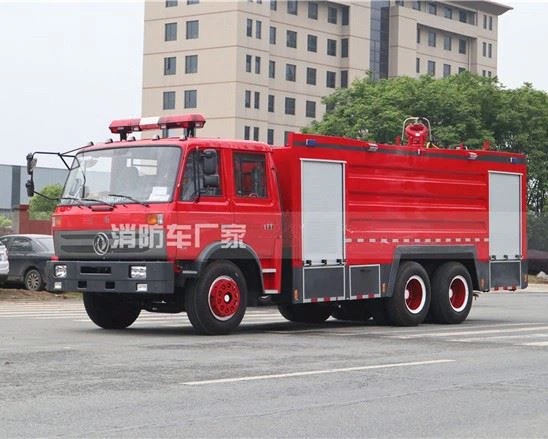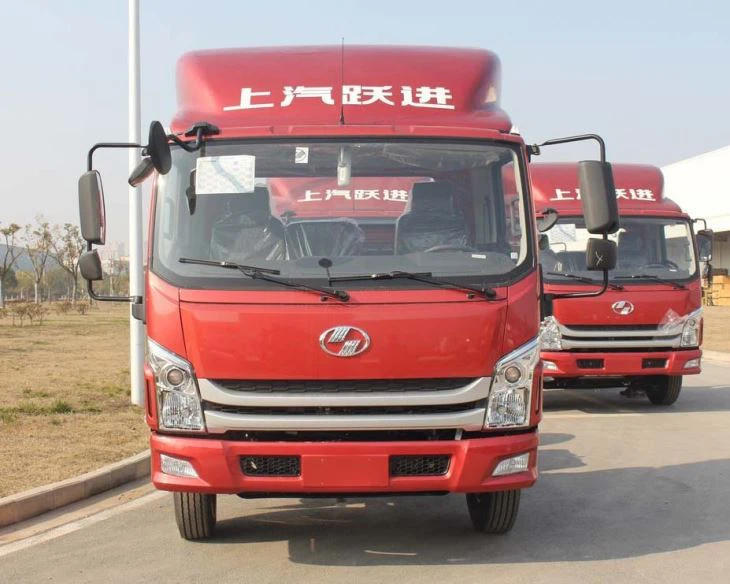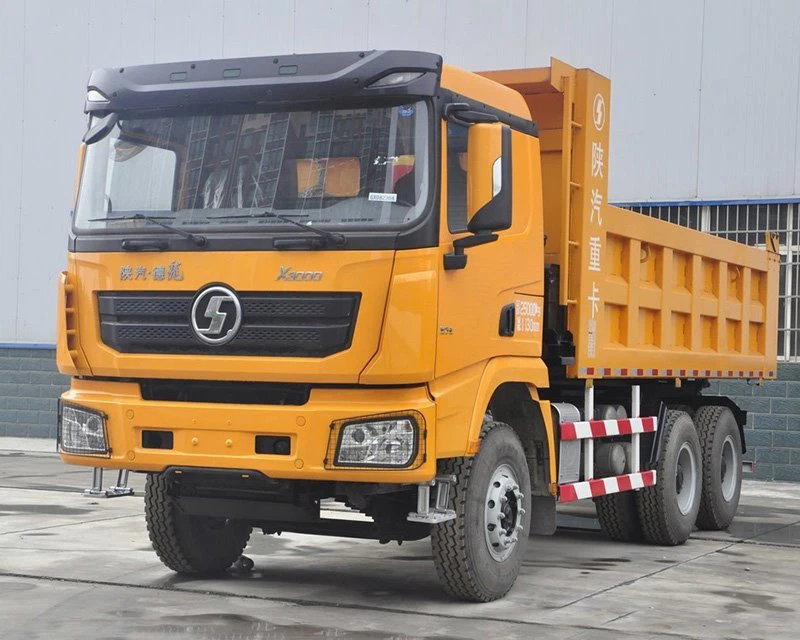Everything You Need to Know About Trash Lorries

Introduction
Trash lorries, commonly referred to as garbage trucks, play a crucial role in our daily lives. These vehicles are essential for maintaining cleanliness and sanitation in urban and suburban areas. In this article, we will explore the various types of trash lorries, their functions, operational procedures, environmental impacts, and more. We aim to provide a comprehensive understanding of how these vehicles contribute to waste management and public health.
What is a Trash Lorry?
A trash lorry, often called a garbage truck or refuse vehicle, is a specialized motor vehicle designed for the collection, transport, and disposal of waste materials. These trucks come in various designs and sizes, built to handle different types of waste, ranging from household trash to construction debris.
Types of Trash Lorries
Trash lorries come in several varieties, each suited for specific tasks. Here’s a breakdown of the most common types:
1. Rear-Loading Lorries
These trucks have a rear-loading design, allowing waste to be loaded from the back. They are typically used for residential waste collection.
2. Front-Loading Lorries
Front-loading trucks feature a lift mechanism at the front. They are commonly used for commercial waste pickup.
3. Side-Loading Lorries
These trucks have an automated arm that picks up bins from the side of the vehicle. They are efficient for residential and commercial areas.
4. Compactor Trucks

Compactor trucks are equipped with a compaction mechanism that compresses the waste to maximize space. This type is useful for high-volume waste collection.
How Trash Lorries Work
Understanding how trash lorries work involves looking at their operational process, consisting of several key stages:
1. Waste Collection
The first step in the trash lorry’s operation is waste collection. Municipal workers or automated systems scoop up waste from designated areas. This task requires careful planning to ensure efficiency and safety.
2. Loading the Waste
Once the trash has been collected, it is loaded into the lorry. Different trucks use various mechanisms for this task, including manual loading, hydraulic arms, or compactors.
3. Transporting Waste
After loading the waste, the truck transports it to a disposal or processing facility. This stage is crucial for preventing overflow and maintaining public hygiene.

4. Disposal and Recycling
Upon reaching the disposal facility, the waste is either dumped into landfills, recycled, or sent for incineration, depending on local regulations and recycling efforts.
Importance of Trash Lorries in Waste Management
Trash lorries significantly impact waste management systems in urban areas. Here are some key points highlighting their importance:
1. Public Health
Regular collection and disposal of waste minimize health hazards for residents. Accumulated waste can lead to pest infestations and disease outbreaks, making trash lorries vital for public safety.
2. Environmental Protection
Proper waste management by trash lorries helps reduce pollution and protect the environment. Efficient processing of waste through recycling initiatives reduces landfill usage and conserves natural resources.
3. Aesthetic Appeal
Trash lorries help maintain community cleanliness. Regular collections prevent unsightly litter and contribute to a more pleasant living environment.
Operational Challenges of Trash Lorries
While trash lorries serve critical functions, they face several operational challenges:
1. Traffic Congestion
Trash collection often occurs during peak traffic hours, creating delays and safety hazards. Proper planning and scheduling can help mitigate these issues.
2. Equipment Maintenance
Regular maintenance of trash lorries is essential to ensure efficiency and safety. Mechanical failures can lead to service interruptions and increased operational costs.
3. Public Complaints
Residents may raise complaints about collection schedules, noise, or odor. Addressing these concerns requires effective communication and responsive service.
Innovations in Trash Lorry Technology
Advancements in technology are transforming the waste collection industry. Some innovations include:
1. Smart Waste Management Systems
These systems use IoT sensors to monitor bin levels, optimizing collection routes and schedules, which can lead to cost savings and improved efficiency.
2. Eco-Friendly Vehicles
Electric and hybrid trash lorries are emerging as sustainable options, reducing carbon footprints and minimizing noise pollution during operations.
3. Automation
Automated collection systems are becoming popular, reducing the need for manual labor and improving efficiency. These technologies streamline operations and enhance safety.
Case Studies: Efficient Trash Lorry Utilization
Here are some practical examples of cities effectively utilizing trash lorries:
1. San Francisco, California
San Francisco has implemented a zero-waste program, where trash lorries use smart technology to monitor waste levels in bins, optimizing collection routes and ensuring maximum recycling.
2. Stockholm, Sweden
Stockholm’s fleet of automated collection trucks operates on biofuels, showcasing how eco-friendly technologies can reduce environmental impacts while maintaining efficient waste management.
Tips for Effective Waste Management with Trash Lorries
Residents can play an active role in effective waste management by following these tips:
1. Separate Waste Properly
Ensure you separate recyclables, compostables, and general waste to facilitate efficient processing and minimize overflow in bins.
2. Follow Collection Schedules
Adhere to local waste collection schedules. Leaving trash out on non-collection days can lead to litter and attract pests.

3. Use Proper Containers
Utilize appropriate containers for your waste to ensure safe and efficient loading by trash lorries.
Frequently Asked Questions (FAQs)
1. What is the average lifespan of a trash lorry?
The average lifespan of a trash lorry is typically around 10 to 15 years, depending on maintenance and usage conditions.
2. How often do trash lorries collect waste?
Collection frequency varies by location, ranging from daily to weekly collections, based on municipal regulations and community needs.
3. Are there any rules for disposing of hazardous waste?
Yes, hazardous waste should not be disposed of in regular trash. Many municipalities have special collections or disposal centers for hazardous materials.
4. What should I do if my trash wasn’t picked up?
If your trash was not picked up, contact your local waste management authority to report the issue. They can provide information on missed collections.
5. Are trash lorries environmentally friendly?
While traditional trash lorries can contribute to pollution, newer technologies such as electric and biofuel-powered trucks are designed to be more environmentally friendly.
6. How can recycling affect trash collection?
Effective recycling can significantly reduce the volume of waste that requires collection, leading to less frequent trips and reducing operational costs and environmental impact.
